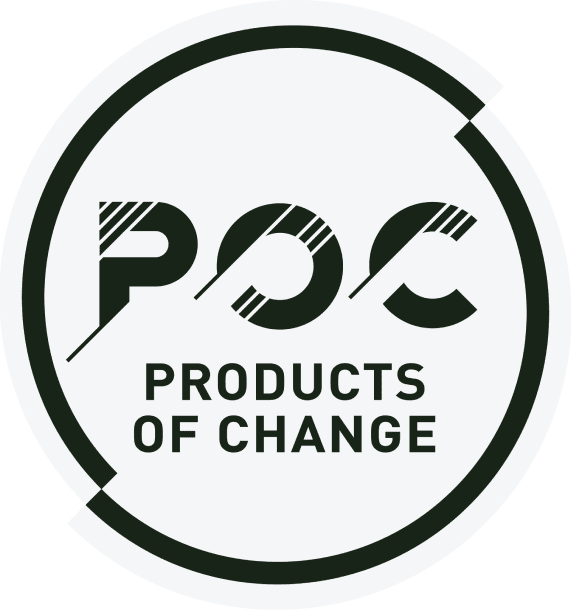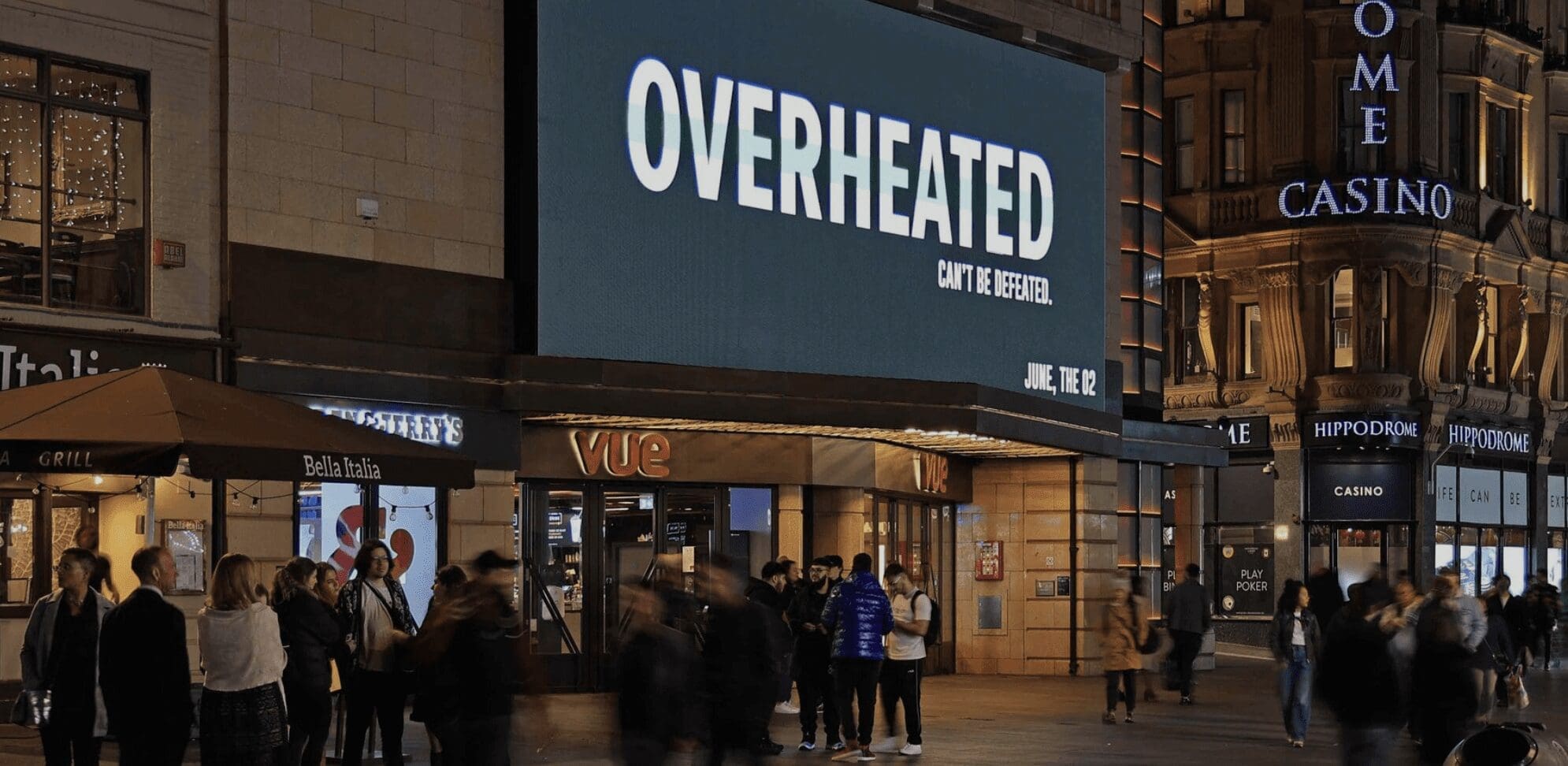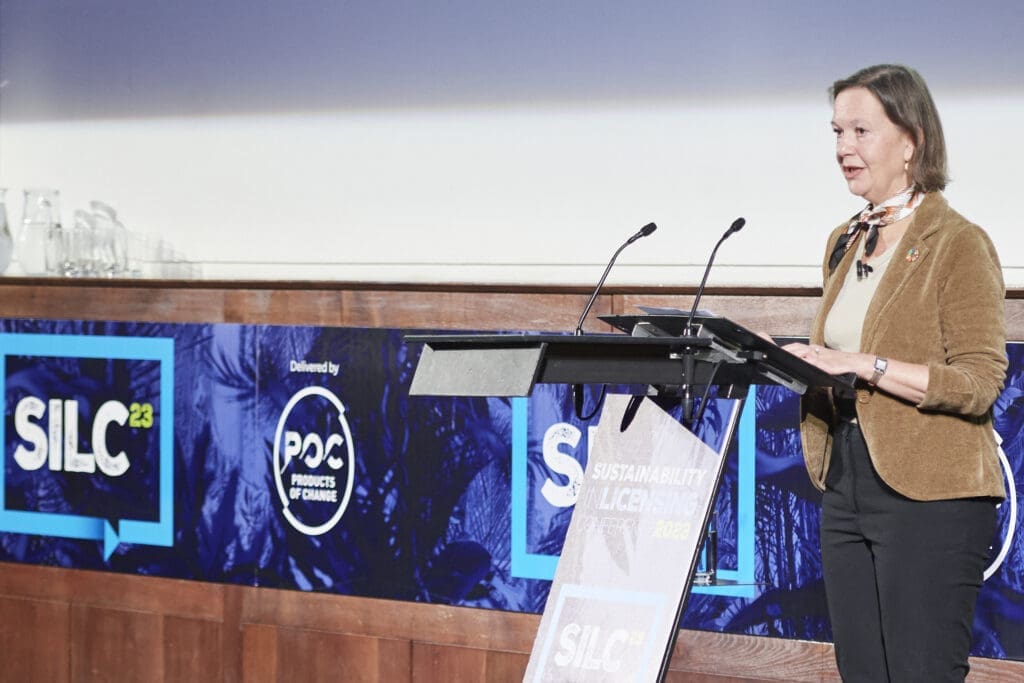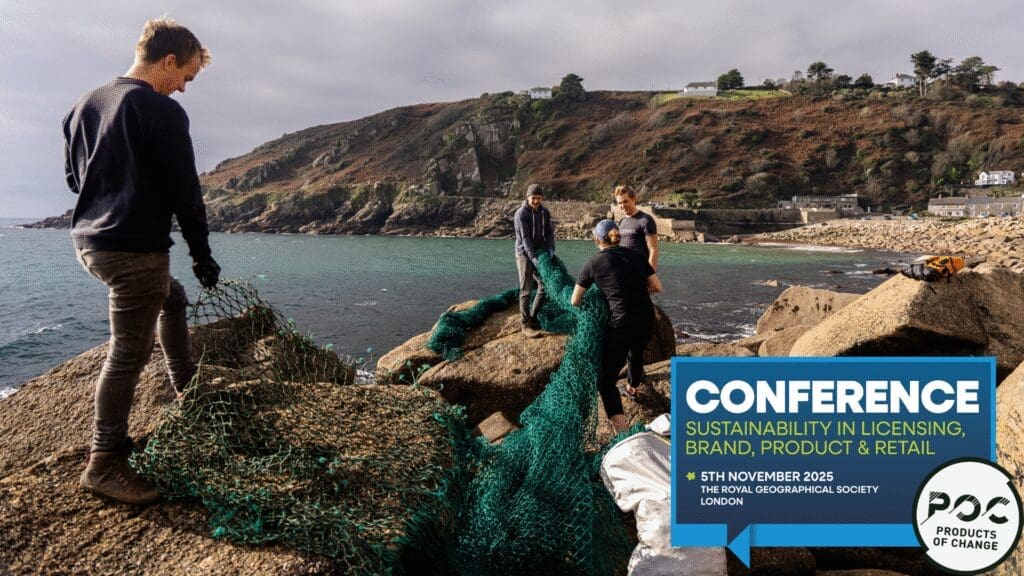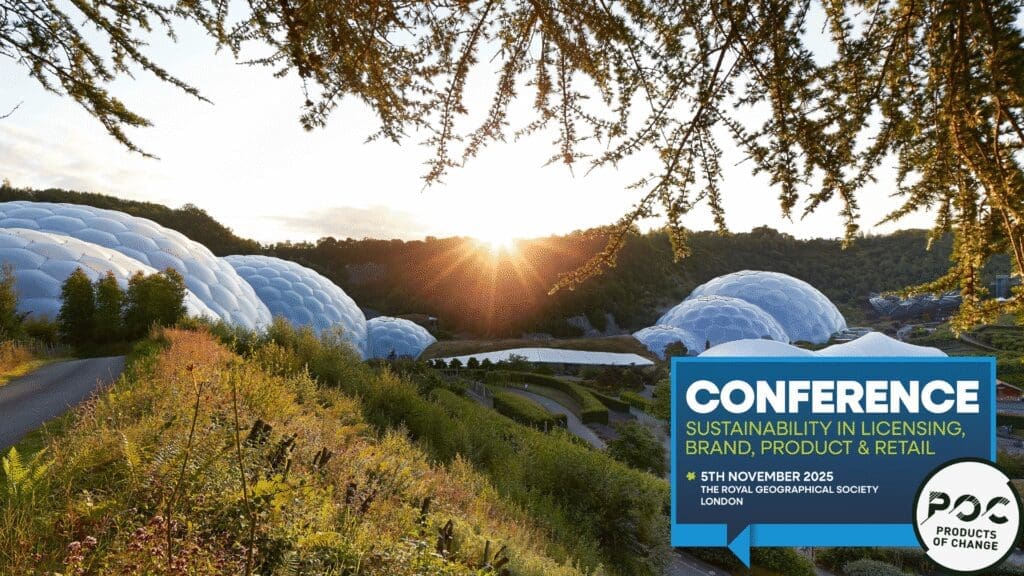At Overheated, her 2023 London climate conference, the singer- songwriter and activist, Billie Eilish invited her audience to ask themselves ‘can the planet feel?’ before running a multitude of panel sessions encouraging her followers to become activists.
Once upon a time, it was rock ‘n’ roll to be a nihilist. Today, artists are singing the virtues of second hand shopping, encouraging us to eat organic, or (in the case of Coldplay) finding ways to use a crowd’s kinetic energy to power their gigs. Today, it’s cool to care.
In November 2023, Universal Music Group had its greenhouse gas emissions reduction targets formally approved by the Science Based Targets initiative, among which are its commitments to reduce absolute scope 1 and 2 GHG emissions by 58% by 2032 and reduce its scope 3 emissions by 62% within the same time frame.
So, when Billie (supported by her mother, Maggie Baird, herself a campaigner and founder of Support + Feed) announced that her new album – Hit Me Hard and Soft – would land with its own environmental strategy to minimise impact this year… well, it couldn’t have been better aligned.
“I will happily say that Universal has really come a long way,” Maggie told Billboard in a recent interview. “We had three Universal Music Group Sustainability Summits last year: one in London, one in LA, and one in New York with just UMG employees talking about all the various issues.
“[…]Gradually, they have started to [discuss sustainability strategies] which I think is very encouraging.”
The standard variant of Billie’s new album is made using 100% recycled black vinyl. The remaining seven variants will be made from Eco-Mix or BioVinyl. The former is a 100% recycled compound of leftover records of any colour, the latter is vinyl produced using biomaterial like cooking oil or industrial waste gasses rather than fossil fuel materials.
In addition, all vinyl packaging is made using FSC-certified recycled paper, board made 100% from post-consumer waste, or recycled pre-consumer fibres. Even the ink used is water-based… when it’s not already made from plants.
Part of the Music Industry Climate Collective – a working group comprising Sony Music Entertainment and Warner Music Group to promote sustainability in the music industry – UMG continues to ramp up activity to reduce its environmental impact, whether that’s across live music and events, its own operations, or across its merchandise – led by Bravado.
“Bravado is a key driver of UMG’s decarbonisation programme, especially as it relates to scope 3 emissions,” Veronica Dullack, senior vice president, global ESG and sustainability at UMG tells Products of Change. “We are working together to engage artists, fans, and supply chain partners in our efforts and to evolve our merchandise model to meet the needs of the future.”
Executed by Bravado, Billie’s own plan includes producing all her official merchandise and clothing using residual deadstock from prior productions, opting for organic or recycled polyester or cotton, introducing non-toxic dye inputs, and designing for product circularity.
“The demand for more sustainable merchandise is coming from both sides – artists and consumers,” says David Boyne, managing director at Bravado International Group. “In many cases, artists are aware this is not only important to them but to their fans and they use their influence to accelerate industry change and catalyse new types of products.”
Last year, Warner Music Group launched a partnership with MIT, LiveNation, Hope Solutions,
and Coldplay to research and adopt changes to reduce the environmental impact of live music. In January this year, Coldplay became the first band in the world to release its own sustainability report.
With results assessed and valued by MIT, the British pop band managed to reduce its carbon emissions by 47% compared to their last tour (2016-2017) via actions including battery- powered concerts, and kinetic energy storage powered by dancing fans.
“Without artists pushing for these kinds of changes, I’m not sure the industry would have progressed as quickly as it has,” says Bravado’s David.
All-the-while, this cool, new ethos has begun cascading through music’s varying value chains. Most recently, this took hold in a partnership between Forest Green Rovers and the Warner Music group artist, Grateful Dead who – working with the sustainable clothing brand I Dress Myself – launched a range of responsibly-made, licensed apparel.
“This certainly wasn’t the start and it won’t be the end of the WMX sustainable approach to licensing and merchandising,” Alex Mitchell, licensing manager at WMX tells Products of Change. “It is at the heart of the consideration to take any deal forward. We’re finding artists simply will not entertain deals that do not have sustainability at the centre of the project.”
There’s still a long way to go, of course. And, it’s true that not every artist is committed to releasing only recycled vinyl or sign off on a postcard collection made from ‘tree- free’ upcycled agricultural waste.
“When looking at the industry as a whole, there is still a heavy reliance on fossil-fuels and plastics, from synthetic materials used for hoodies and t-shirts, to plastic mailers used for direct-to-consumer shipping,” says Bravado’s David. “However, with an increasing focus on the social and environmental sustainability of the supply chain, we foresee a move back to the basic – with the future of merchandise grounded in natural fibres and closed loop processes that keep the materials that exist in circulation for years to come.”
This is an entirely new era for music. And it sounds good.
